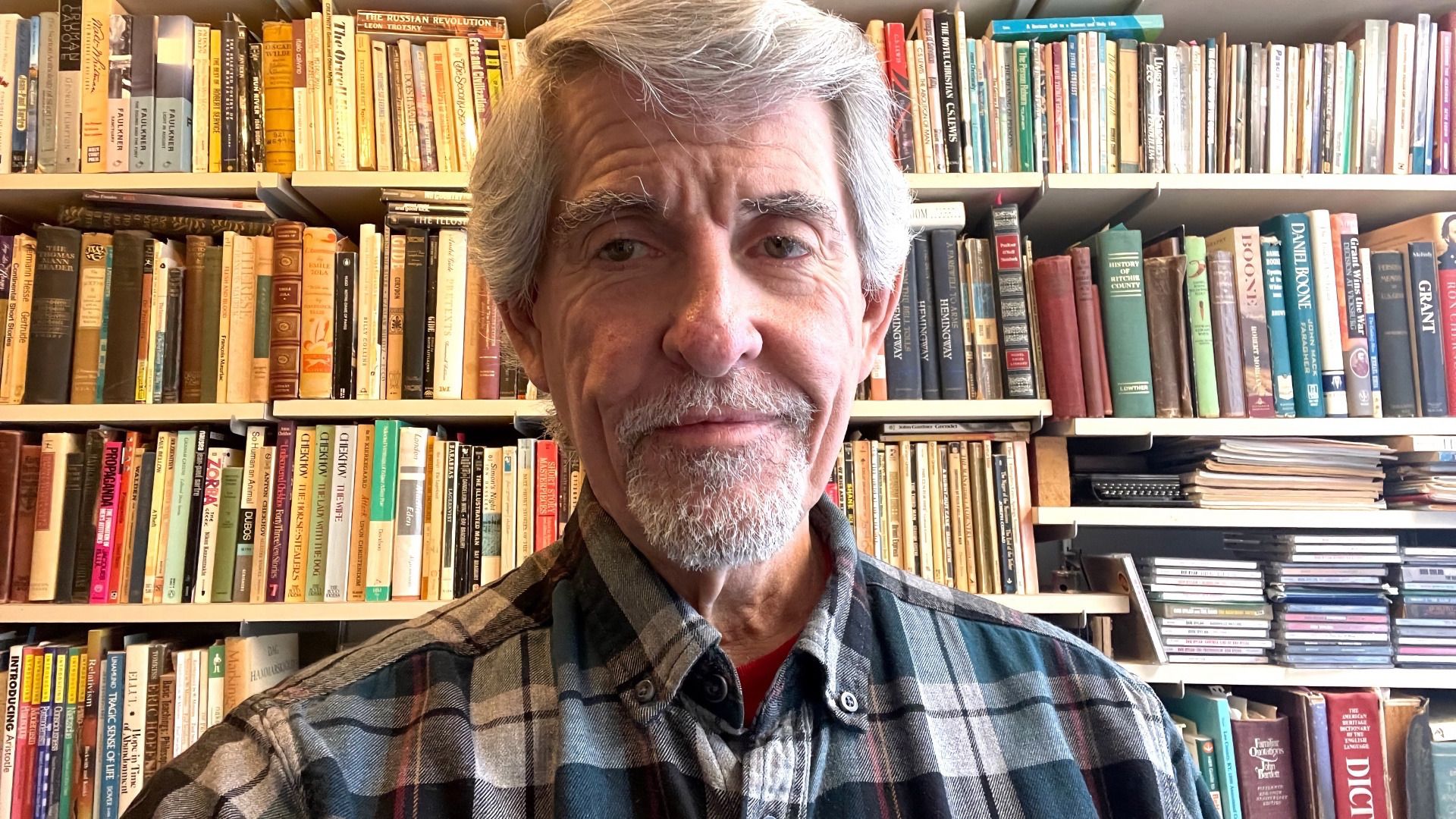Write Now With Ed Newman
Today’s Write Now interview features Ed Newman, lifelong writer, columnist, and author of multiple books.
This post is only for subscribers.
Already have an account? Sign in
Subscribe to new posts